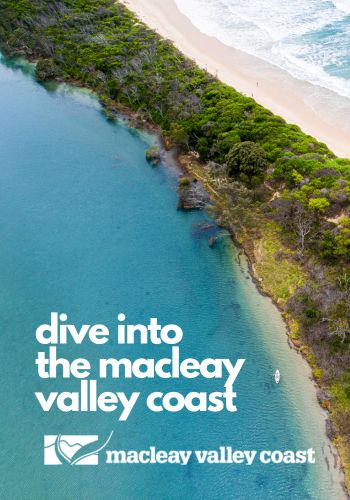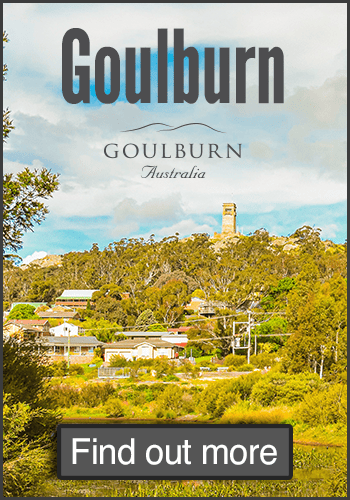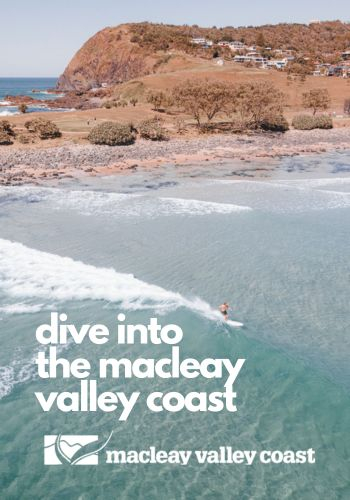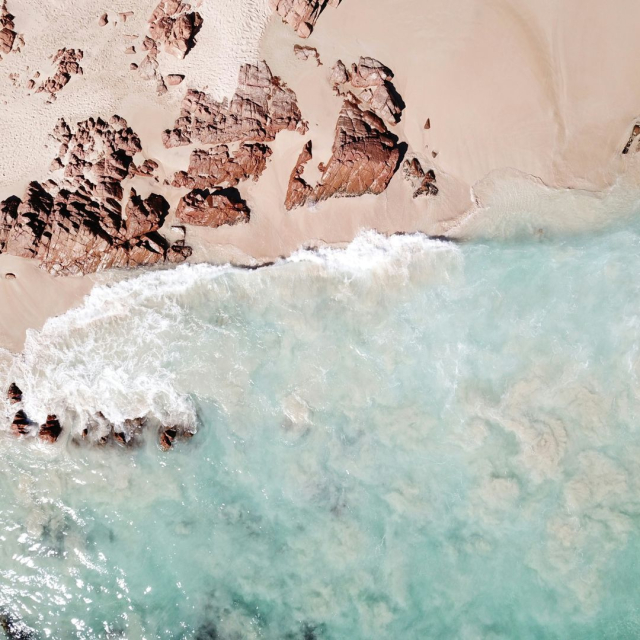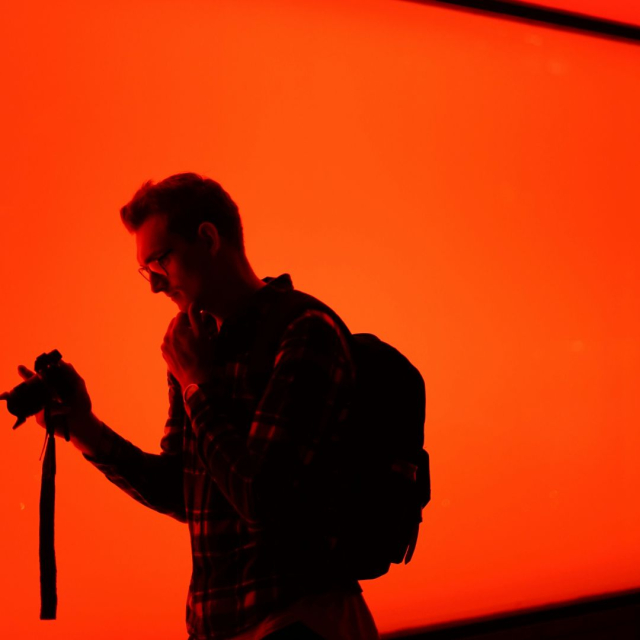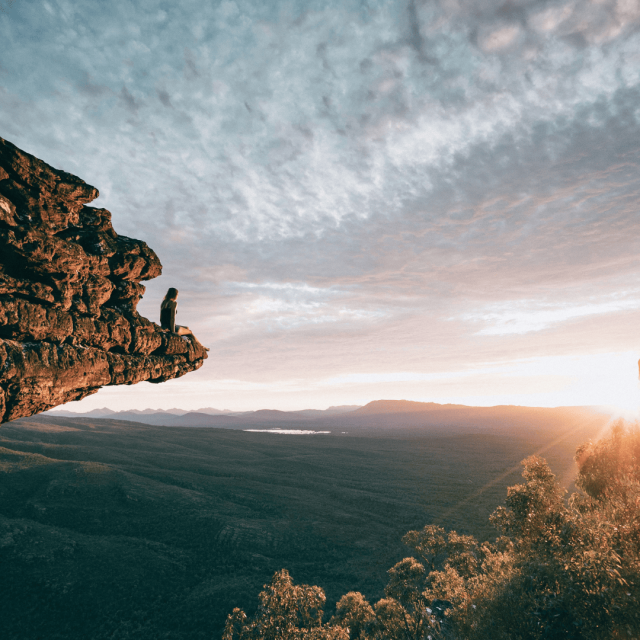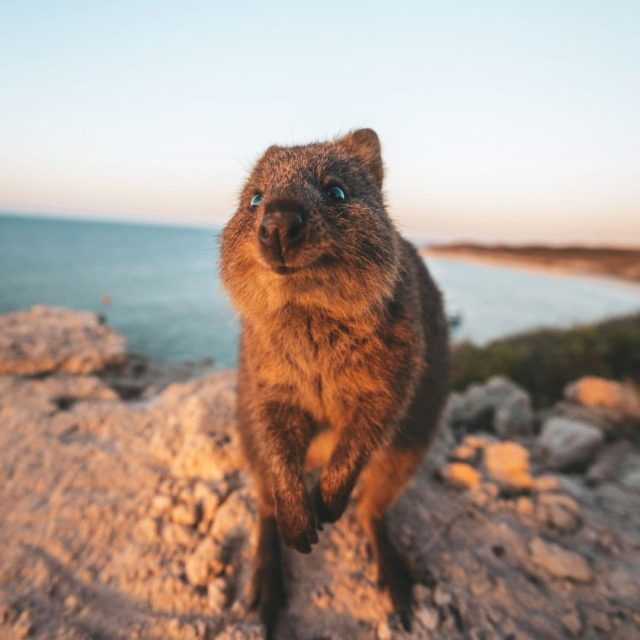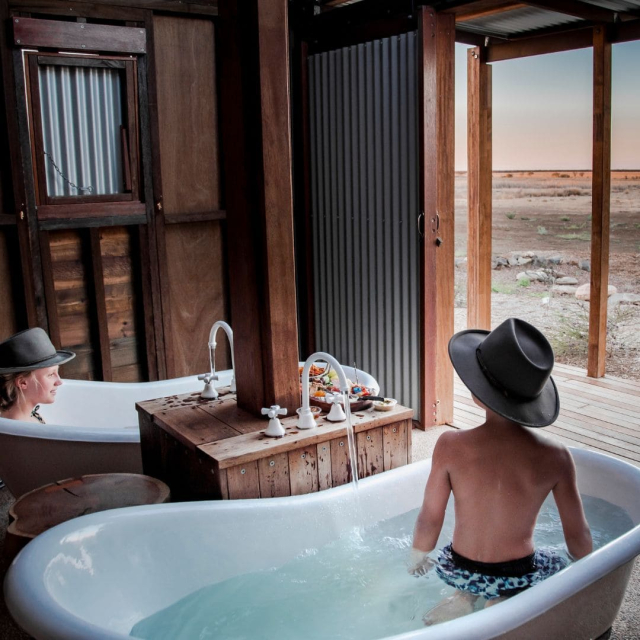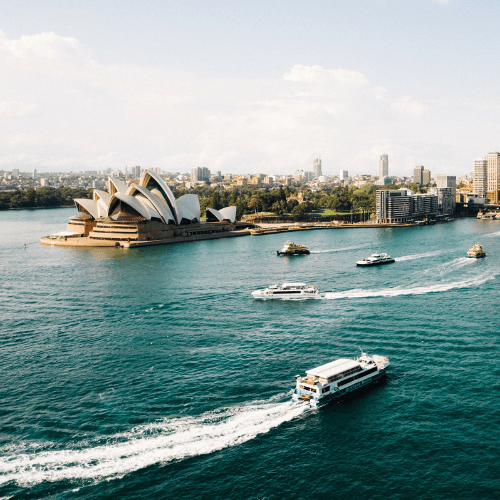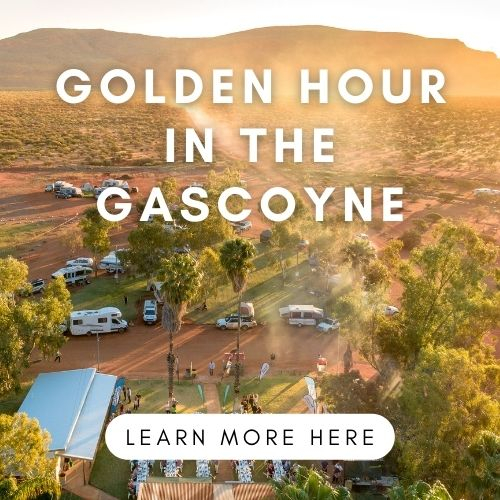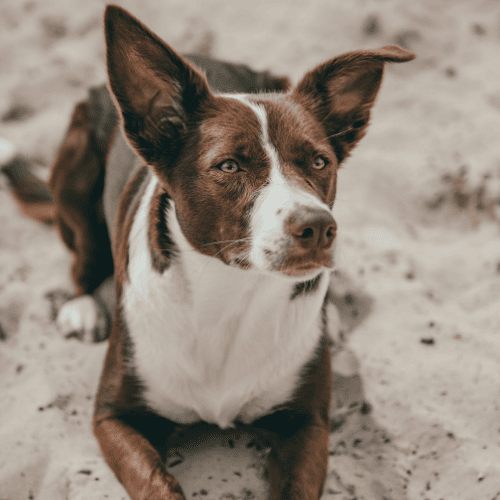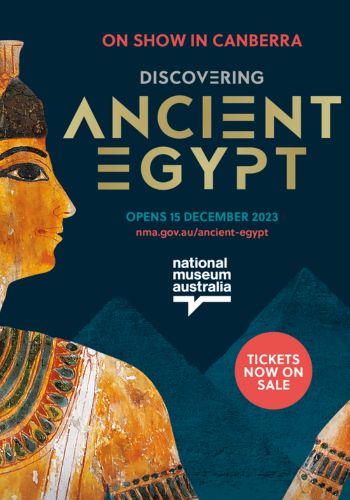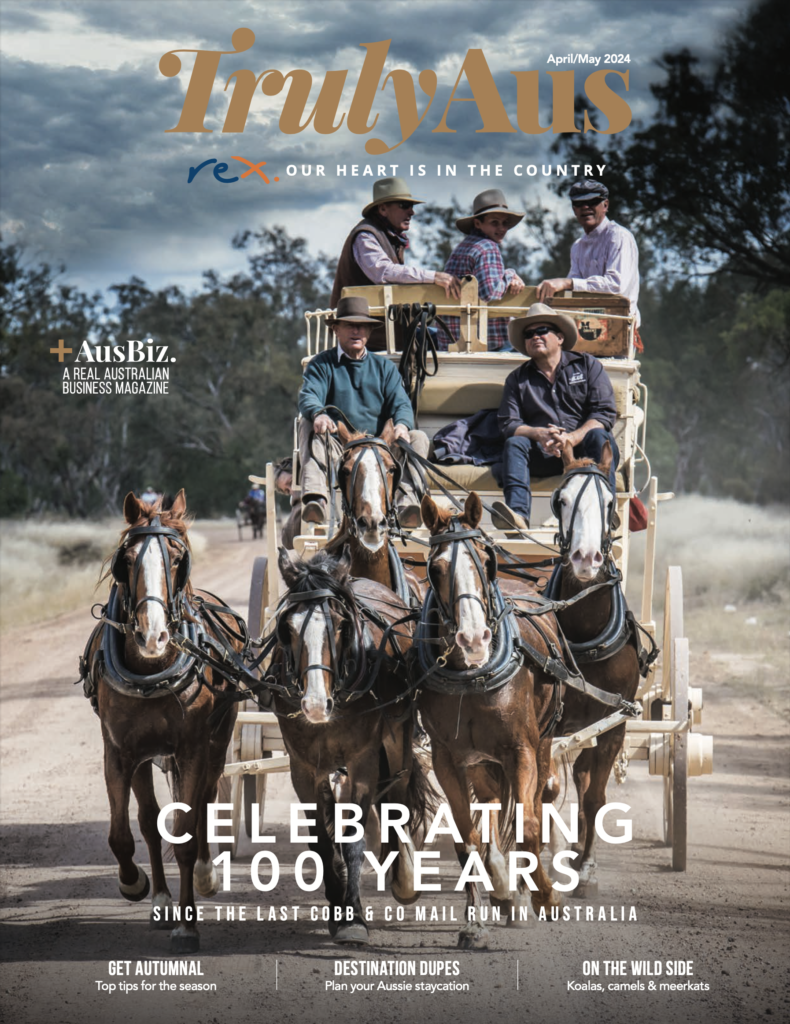Discover the real Australia with TrulyAus for Rex
Wide open spaces, friendly faces and unique places. Come with us on a journey around our great southern land, where you will never cease to be inspired. We’ll also regularly share the stories of Australians doing great things.

Tuck into the top restaurants in Adelaide
Get your tastebuds ready for a culinary tour of Adelaide – including some new faces and old favourites.
READ MORE
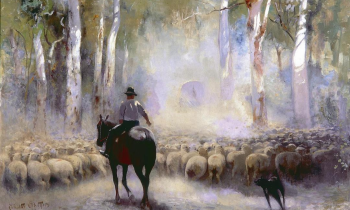
Love, loss and rewriting a classic with Kyra Geddes
In her debut novel The Story Thief, Kyra Geddes explores the untold stories of female visionaries of post-colonial Australia.
READ MORE
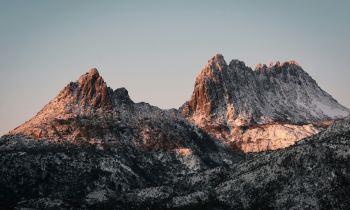
Explore 7 winter destination dupes in Australia
If you’re itching to travel again, but every destination on your bucket list seems too far, here are 7 Aussie destination dupes.
READ MORE
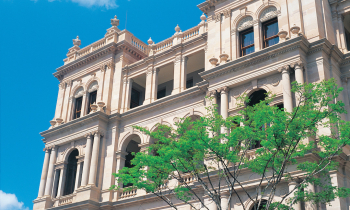
Discover the most fascinating heritage sites in Brisbane
From penal colony to thriving urban centre, the heritage sites in Brisbane offer a glimpse into its fascinating history.
READ MORE
Our Go-To Travel Guides
TrulyAus Magazine | Read the current issue
Rex.TrulyAus.com partners with TrulyAus magazine for Rex airlines, and is brimming with awesome content on regional, rural and outback Australia. If you’re after some extra travel inspiration, make a cuppa, sit back and have a good read of this beauty!


